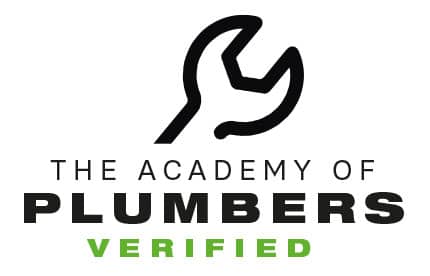Circuit breakers are used in nearly all electrical systems and are critical for production and worker safety. We rely on them to protect our systems from damaging overcurrents and short circuits. Transworld Electric has share key information below on circuit breaker maintenance and testing.
For recommendations on breaker testing and electrical equipment maintenance procedures, contact Transworld Electric’s electrical preventative maintenance consultant to review and assess your system. We can provide a course of action to bring your system up to 2018 NFPA 70E and NFPA 70B standards.
Can you rely on your circuit breaker to trip every time?
Numerous studies show that if circuit breakers are left in service and not operated, their chances of operating correctly get less and less with each passing year. Gary Donner with Tony Demaria Electric in Wilmington, Calif., who is a former Shell Oil Co. employee, performed a study that indicated that after 3 -5 years of service, 30% of the circuit breakers malfunction. After 7- 10 years, 50% of the circuit breakers malfunction, and after 17-20 years, the number was in the high 90th percentile.
Why test your breakers and invest in electrical preventative maintenance (EPM) program?
Electrical equipment deterioration is normal, but equipment failure is not inevitable.
As soon as new equipment is installed, a process of normal deterioration begins. The deterioration process can cause malfunction or electrical failure. An effective EPM program can identify and recognize these factors and provide measures for coping with them. Besides normal deterioration, load changes or additions, circuit alterations, improperly set or improperly selected protective devices, and changing voltage conditions are potential causes of equipment failure that may be detected and corrected through EPM.
How often should circuit breakers be maintained, and what should be done to them?
There are two sources for answers: ANSI/NETA MTS (Maintenance Testing Specifications)-2011 and NFPA 70B-2013, “Recommended Practice for Electrical Equipment Maintenance.” Both make recommendations as to frequency and what maintenance is required of electrical devices, but the ANSI/NETA MTS also provides specifics on what the results should be.
What is a reliable method to determine if the circuit breakers have been maintained?
The 2013 edition of NFPA 70B, “Section 11.27 Test or Calibration Decal System,” states, “11.27.1 General. After equipment testing, device testing, or calibration, a decal on equipment, in conjunction with test records, can communicate the condition of electrical equipment to maintenance and service personnel. This can be important for assessing the hazard identification and risk assessment for electrical safety procedures as well as the condition of electrical equipment.”
What are the benefits and values?
- Reduce accidents
- Save lives
- Minimize costly breakdowns, unplanned shutdowns of production equipment
- Increase dependability
What is an effective EPM Program?
A successful EPM Program requires:
- Responsible and qualified personnel
- Survey and analysis of electrical equipment and systems to determine maintenance requirements and priorities
- Programmed routine inspections and suitable tests
- Accurate analysis of inspection and test reports so that proper corrective measures can be prescribed
- Performance of necessary work
- Complete but concise records
Careful planning is the key. With proper planning, maintenance costs will be held to a practical minimum, while production is maintained at a practical maximum. This requires support from top management because it is top management who must provide funds to initiate and maintain the program.
How do you plan and develop an EPM Program personalized for you?
For recommendations on breaker testing and electrical equipment maintenance procedures, contact Transworld Electric’s electrical preventative maintenance consultant to review and assess your system and provide a course of action to bring your system up to 2018 NFPA 70E and NFPA 70B standards.
Don’t assume a piece of equipment is going to operate properly unless it’s been regularly inspected, maintained, and tested.



